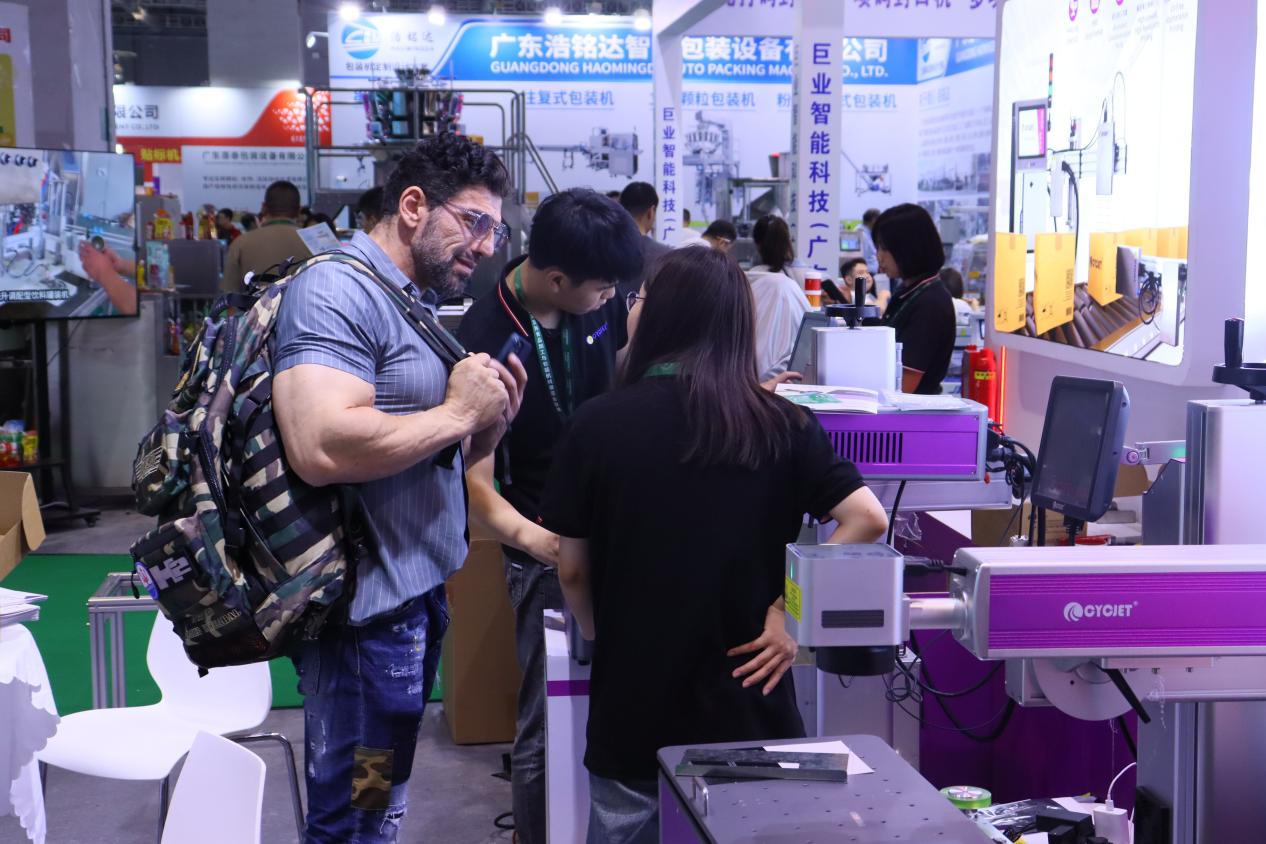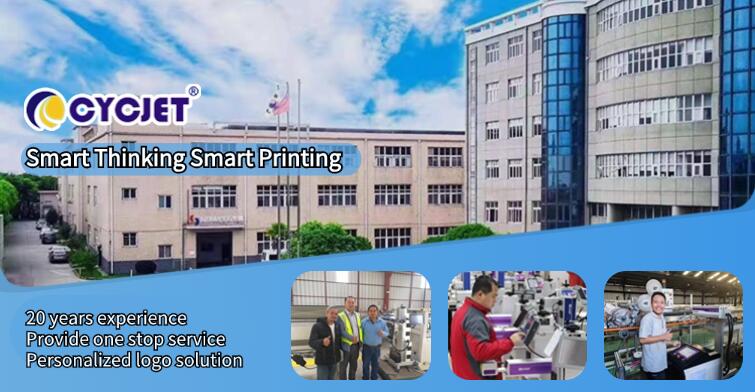Should the flour industry choose inkjet printers or labels?
2024-10-22 CYCJETSHOP HaiPress
In the flour industry, there are significant differences between inkjet printers and labels, mainly reflected in the following aspects:
Cost and Efficiency
The inkjet printer directly codes and marks products without the need for pre printing or pasting labels, which can reduce costs, especially when the production volume is large. The operating speed of inkjet printers is usually faster than labeling equipment, significantly accelerating the packaging process and improving overall productivity.
Flexibility and Customization
The inkjet printer provides greater flexibility in customization. It is easy to change the information on the product without updating or changing the label. This is particularly useful for handling variable data such as batch numbers, expiration dates, or shipping details.
Environmental Impact and Sustainability
The label system generates more waste than the inkjet printing system of the inkjet printer, including label backing, label core, ribbon backing, and ribbon core. The only waste of inkjet systems is bottles loaded with consumables, which are usually thrown away directly. Therefore, from an environmental perspective, inkjet printers have more advantages.

Durability and reliability
Compared to labels, the inkjet printing direct coding method of inkjet printers can provide more durable and long-lasting markings. This is particularly important for industries that are full of environmental challenges, as labels may be damaged, detached, or removed. Inkjet printers are more suitable for the flour industry, which is prone to moisture absorption, due to their durability and clarity in printing.
Maintenance and downtime
Generally speaking, compared to inkjet printers, label machines have longer downtime. This is because the inkjet printer can continuously print without interrupting the inkjet marking process, and adding ink does not require stopping the production line. The user-friendly touch screen interface can keep the production line running normally, reduce downtime, and maximize investment return.
For those in the flour industry looking for a reliable coding solution, CYCJET offers a range of options. Their handheld laser jet printer is ideal for applications where portability and precision are required. It can easily mark various packaging materials used in the flour industry with high accuracy and durability. Additionally, CYCJET's small portable inkjet printer provides flexibility and convenience for on-site coding. These printers are designed to meet the unique needs of the flour industry, ensuring clear and consistent markings while minimizing downtime and maximizing productivity.
In summary, the flour industry should consider multiple factors such as production scale, environmental conditions, and cost budget when choosing inkjet printers and labeling machines. If you need to frequently change product information or pursue higher production efficiency and environmental requirements, a coding machine may be a better choice. If the product information is relatively fixed and there are high requirements for the clarity and durability of the coding, a laser coding machine is more suitable. However, laser machines are not suitable for high dust industries as they are prone to explosions or have an impact on the galvanometer.

CYCJET is the brand name of Yuchang Industrial Co., Ltd. As a manufacturer, CYCJET has over 20 years of research and development experience in Shanghai, China, developing different types of handheld inkjet printers and laser printing solutions. With a professional team, we provide one-stop services!
Contact Person: David Guo
Telephone: +86-21-59970419 ext 8008
MOB:+86-139 1763 1707
Email: support@cycjetshop.com
Web: www.cycjetshop.com
Reference Video:https://www.youtube.com/@cycjetshop
Ins: https://www.instagram.com/cycjetshop/
X:https://x.com/Cycjetshop
Tiktok:https://www.tiktok.com/@cycjetshop

